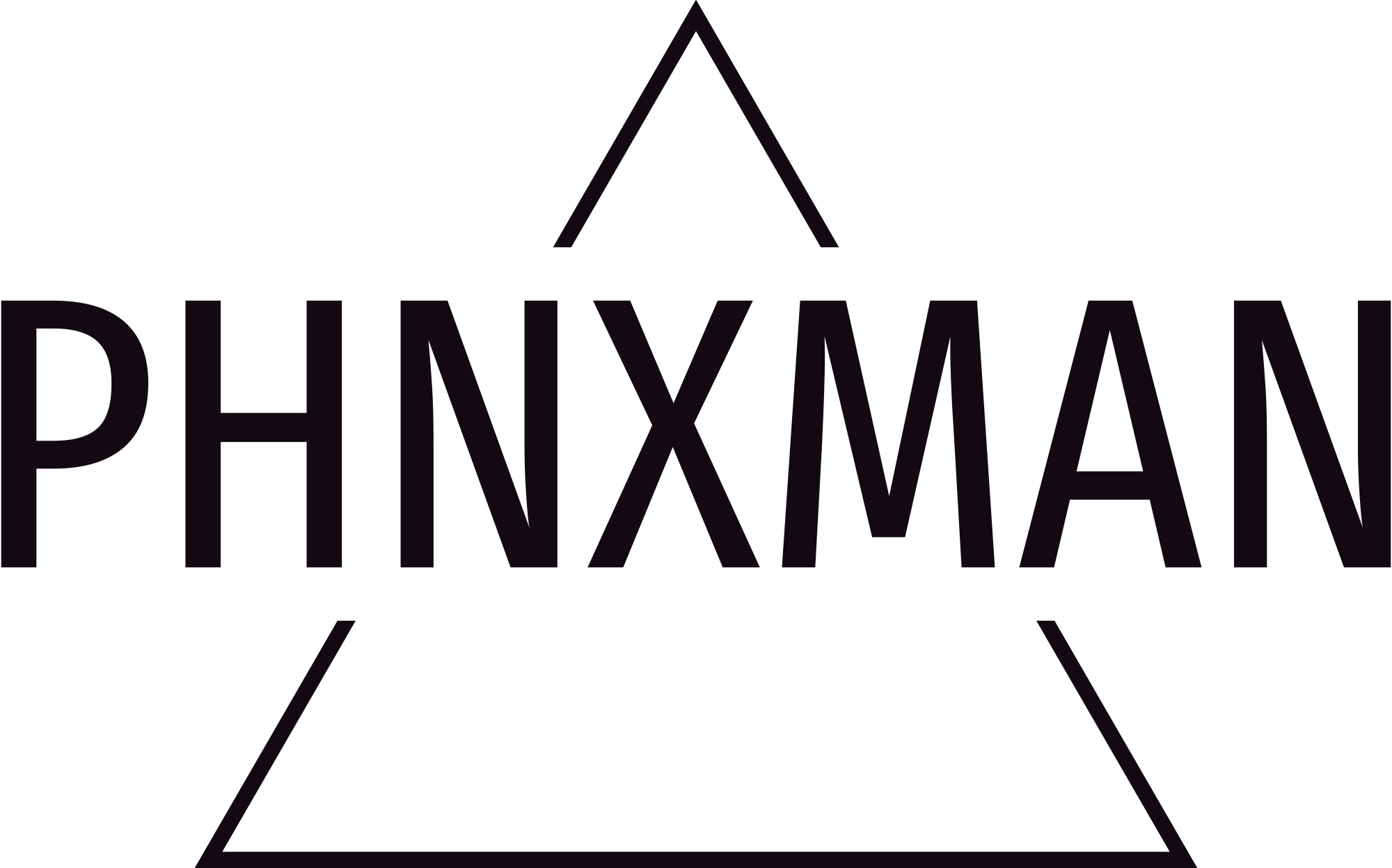In the fast-paced and chaotic world we live in, self-regulation has become an essential skill to navigate through life successfully. The ability to understand and manage our emotions can have a profound impact on our overall well-being. Mastering this art of self-regulation allows us to stay in control, make better decisions, and maintain healthier relationships.
In this article, we delve into the art of self-regulation, exploring effective techniques to harness and master our emotions. From practicing mindfulness and adopting positive self-talk to developing resilience and cultivating empathy, we uncover practical strategies that can enhance our emotional well-being.
By learning how to regulate our emotions, we not only gain a deeper understanding of ourselves but also improve our interactions with others. This newfound self-awareness and emotional intelligence can lead to better mental health, increased productivity, and overall life satisfaction.
Discover the transformative power of self-regulation and unlock your full potential by honing the art of managing your emotions. Join us on this journey towards cultivating emotional well-being and personal growth.
Understanding self-regulation
Self-regulation refers to the ability to manage our thoughts, feelings, and behaviors in a way that promotes well-being and personal growth. It involves being aware of our emotions, understanding their impact on our behavior, and taking steps to regulate them effectively. Self-regulation is not about suppressing or denying our emotions, but rather about finding healthy ways to express and manage them.
One of the key aspects of self-regulation is emotional self-awareness. This involves recognizing and understanding our own emotions, as well as the triggers that lead to certain emotions. By developing a deeper understanding of ourselves, we can better manage our emotional responses and make more informed decisions.
Self-regulation also involves self-control, which is the ability to resist impulsive behaviors and urges. It requires discipline and the ability to delay gratification. By practicing self-control, we can avoid acting on immediate impulses and instead make choices that align with our long-term goals and values.
Another important aspect of self-regulation is self-soothing. This involves finding healthy coping mechanisms to manage stress and difficult emotions. Self-soothing techniques can vary from person to person, but may include activities such as deep breathing, meditation, physical exercise, or engaging in hobbies and interests.
The importance of self-regulation for well-being
Self-regulation plays a crucial role in our overall well-being. When we are able to effectively regulate our emotions, we experience greater mental health and overall life satisfaction. Research has shown that individuals with higher levels of self-regulation are less likely to experience stress, anxiety, and depression.
Self-regulation also impacts our relationships with others. When we are able to manage our emotions, we are more likely to respond to others in a calm and rational manner. This can lead to healthier and more fulfilling relationships, both personally and professionally.
Furthermore, self-regulation is closely linked to resilience. Resilience is the ability to bounce back from adversity and overcome challenges. By developing self-regulation skills, we are better equipped to handle difficult situations and maintain a positive mindset in the face of adversity.
The science behind self-regulation
Self-regulation is a complex process that involves various brain mechanisms. The prefrontal cortex, which is responsible for executive functions such as decision-making and impulse control, plays a key role in self-regulation. This part of the brain is involved in monitoring and regulating our emotions, thoughts, and behaviors.
Research has shown that self-regulation is a skill that can be developed and strengthened over time. Through practice and repetition, we can create new neural pathways in the brain that support self-regulation. This means that even if self-regulation does not come naturally to us, we can still learn and improve this skill through consistent effort.
The benefits of mastering your emotions
Mastering the art of self-regulation comes with numerous benefits. One of the key benefits is improved mental health. When we are able to regulate our emotions effectively, we experience less stress, anxiety, and depression. We are better equipped to manage challenging situations and maintain a positive outlook on life.
Additionally, self-regulation leads to increased productivity. When we are in control of our emotions, we can focus our energy and attention on tasks at hand. This allows us to work more efficiently and effectively, leading to better outcomes and achievements.
Furthermore, self-regulation enhances our decision-making abilities. When we are not driven by impulsive emotions, we can make more rational and thoughtful decisions. This can have a significant impact on our personal and professional lives, as we are more likely to make choices that align with our long-term goals and values.
Strategies for enhancing self-regulation
There are various strategies and techniques that can help enhance self-regulation. One of the most effective strategies is practicing mindfulness. Mindfulness involves paying attention to the present moment without judgment. It allows us to observe our thoughts and emotions without getting caught up in them.
By practicing mindfulness, we can develop greater self-awareness and learn to respond to our emotions in a more conscious and intentional manner. This can help us regulate our emotions effectively and make more informed decisions.
Another strategy for enhancing self-regulation is developing emotional intelligence. Emotional intelligence is the ability to recognize, understand, and manage our own emotions, as well as the emotions of others. By developing emotional intelligence, we can better navigate social interactions and build healthier relationships.
Self-reflection is also an important tool for enhancing self-regulation. Taking the time to reflect on our thoughts, feelings, and behaviors allows us to gain insights into our emotional patterns and triggers. This self-awareness can help us make necessary changes and develop healthier coping mechanisms.
Mindfulness and self-regulation
Mindfulness is a powerful tool for enhancing self-regulation. By practicing mindfulness, we can develop greater awareness of our thoughts, emotions, and bodily sensations. This awareness allows us to recognize when we are becoming overwhelmed or reactive and take steps to regulate our emotions.
One effective mindfulness practice is meditation. Meditation involves sitting in a quiet and comfortable space and focusing on the breath or a specific object of attention. This helps to calm the mind and cultivate a state of present-moment awareness. Regular meditation practice can strengthen the prefrontal cortex, improving our ability to regulate emotions.
Another way to incorporate mindfulness into daily life is through informal mindfulness practices. This involves bringing a mindful attitude to everyday activities such as eating, walking, or even washing dishes. By paying attention to the present moment and fully engaging in these activities, we can cultivate a sense of calm and presence.
Emotional intelligence and self-regulation
Emotional intelligence is closely linked to self-regulation. By developing emotional intelligence, we can better understand and manage our emotions, as well as the emotions of others. This can help us navigate social interactions and build healthier relationships.
One aspect of emotional intelligence is self-awareness. This involves recognizing and understanding our own emotions, as well as the impact they have on our behavior. By developing self-awareness, we can better regulate our emotions and make more conscious choices.
Another aspect of emotional intelligence is empathy. Empathy is the ability to understand and share the feelings of others. By cultivating empathy, we can develop a deeper understanding and connection with others. This can lead to more meaningful and fulfilling relationships.
Self-regulation in different areas of life
Self-regulation is applicable to various areas of life, including work and relationships. In the workplace, self-regulation can help us manage stress, stay focused on tasks, and interact with colleagues in a professional manner. By regulating our emotions, we can create a positive work environment and enhance our productivity.
In relationships, self-regulation is crucial for maintaining healthy and fulfilling connections. By managing our emotions, we can respond to others in a calm and respectful manner. This can lead to better communication, increased empathy, and stronger bonds.
Resources for developing self-regulation skills
There are numerous resources available for developing self-regulation skills. Books, online courses, and workshops can provide valuable insights and practical strategies for enhancing self-regulation. Additionally, seeking support from a therapist or coach can be beneficial in developing self-regulation skills and addressing any underlying emotional challenges.
It is important to remember that developing self-regulation is an ongoing process. It takes time, practice, and patience. By consistently working on self-regulation skills, we can unlock our full potential and lead a more fulfilling and balanced life.
Conclusion: The power of self-regulation for a fulfilling life
The art of self-regulation is a powerful tool for enhancing well-being and personal growth. By mastering the art of managing our emotions, we can gain a deeper understanding of ourselves and improve our interactions with others. This newfound self-awareness and emotional intelligence can lead to better mental health, increased productivity, and overall life satisfaction.
Through strategies such as mindfulness, emotional intelligence, and self-reflection, we can enhance our self-regulation skills. By consistently practicing these strategies, we can cultivate emotional well-being and unlock our full potential.
Take the time to explore the transformative power of self-regulation and embark on a journey towards personal growth. By honing the art of managing your emotions, you can navigate through life with greater ease, resilience, and fulfillment. Embrace the art of self-regulation and unlock your true potential.








